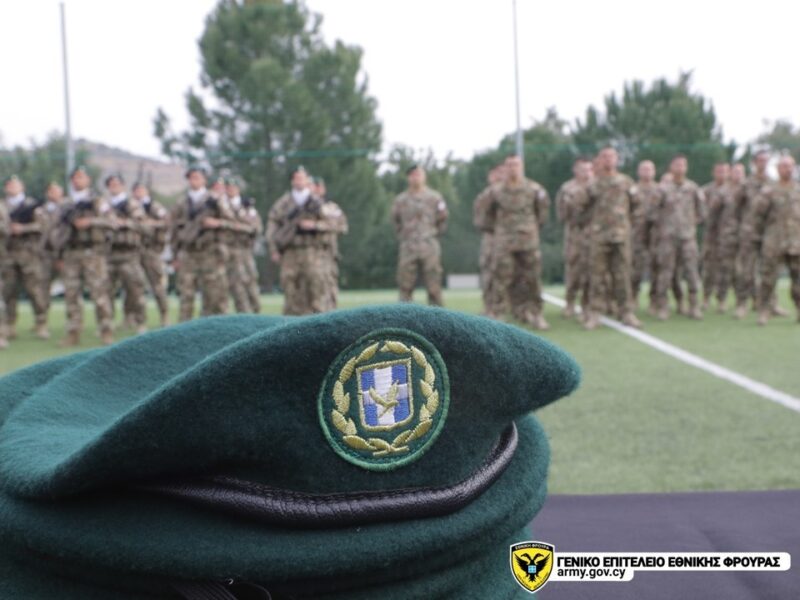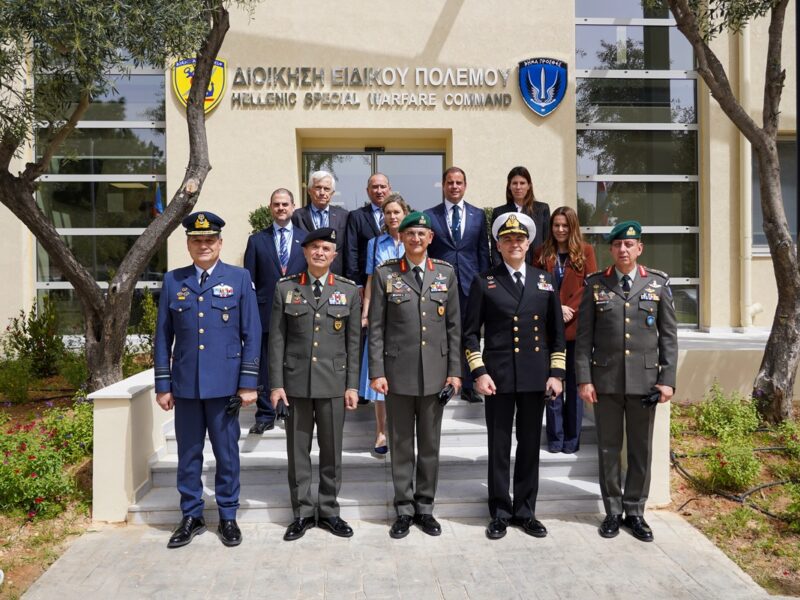Milan, Italy – NATO is set to update its artificial intelligence strategy to include genetic artificial intelligence amid an increase in cyber attacks on critical infrastructure and interference with government agencies.
The standard, described by the organization as a type of quality control, is intended to clarify what is expected of industries, institutions and business end-users across the alliance regarding the implementation of the technology.
Artificial intelligence can support data-inundated federal cyber security, says GDIT
Advances in artificial intelligence have quickly made it an essential part of defense alliance operations, especially in cyber security to detect network vulnerabilities or monitor anomalies in data access. Now NATO is looking to standardize procedures to ensure that genetic artificial intelligence and other new technologies can also be used effectively and safely, according to David van Wheel, NATO’s assistant secretary general for emerging security challenges.
“The AI strategy adopted by NATO in 2021 will be reviewed next year and a new version will [eventually] to be adopted, which will include in part the language around genetic artificial intelligence,” he said during a Nov. 28 media roundtable.
Van Wheel said that while the original strategy primarily called for the six authorities guiding the responsible use of artificial intelligence, NATO is working on more recent initiatives to operationalize these concepts.
“Since February, NATO has been working on an AI intelligence certification standard with the aim of translating the principles outlined in the 2021 strategy into concrete checks and balances, which are expected to be completed by the end of this year,” he said.
New forms of artificial intelligence, an example of which is ChatGPT, can generate different types of content based on data provided by users. The more information given, the better the model learns and produces increasingly realistic results.
Some of the key concerns about creating artificial intelligence are that given the significant amount of data it requires, the potential for sensitive information to be misused or leaked by malicious actors increases. If not effectively protected, confidential documents could be used to create forgeries or spread misleading facts.
“We will make it [the revised strategy] as public as we can, to let the public and those in the AI field know what we expect,” van Wheel added.
An alarming number of cyber-crimes have been reported around the world recently, from attacks on critical infrastructure to tampering with government services. For Russia in particular, cyberwarfare has been an important aspect of its ongoing efforts to disrupt Ukrainian networks throughout the war.
“Cyber continues to play a big role in Ukraine, it just doesn’t get the same attention as other types of attacks,” van Wheel said. “Even now, we are seeing ongoing Russian attacks on Ukrainian data centers and energy infrastructure, which as winter approaches will be even more critical.”
According to a Microsoft reportin the last year, 120 countries have fallen victim to cyber-attacks, of which almost half of the targets were NATO member states.
“We’re going to need AI to defend ourselves,” van Wheel said.
Read the original at Defence247.gr

